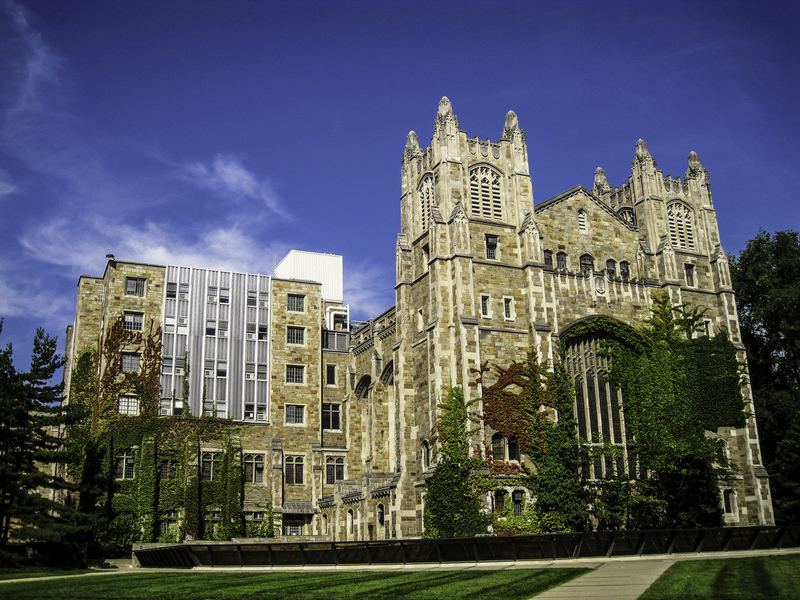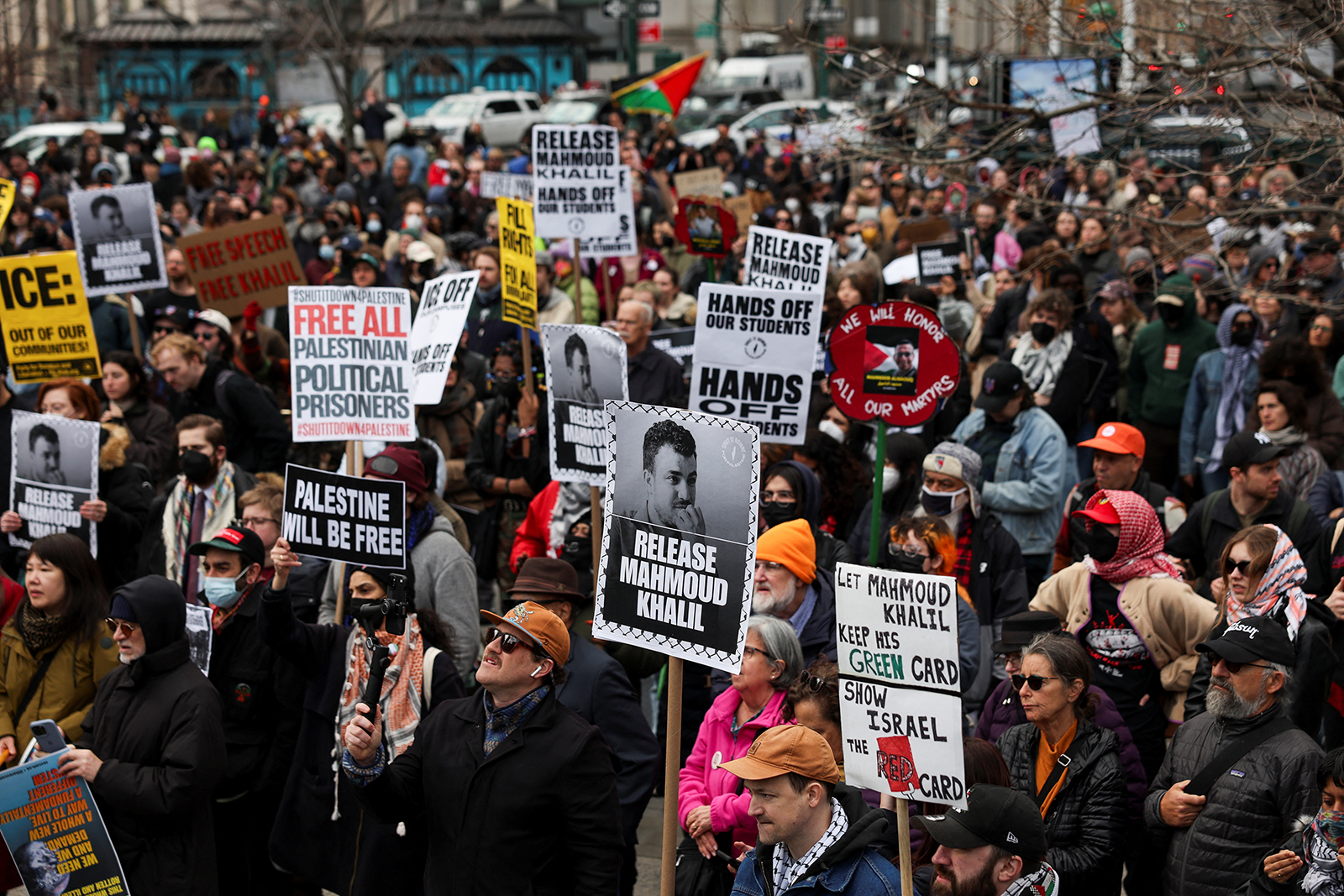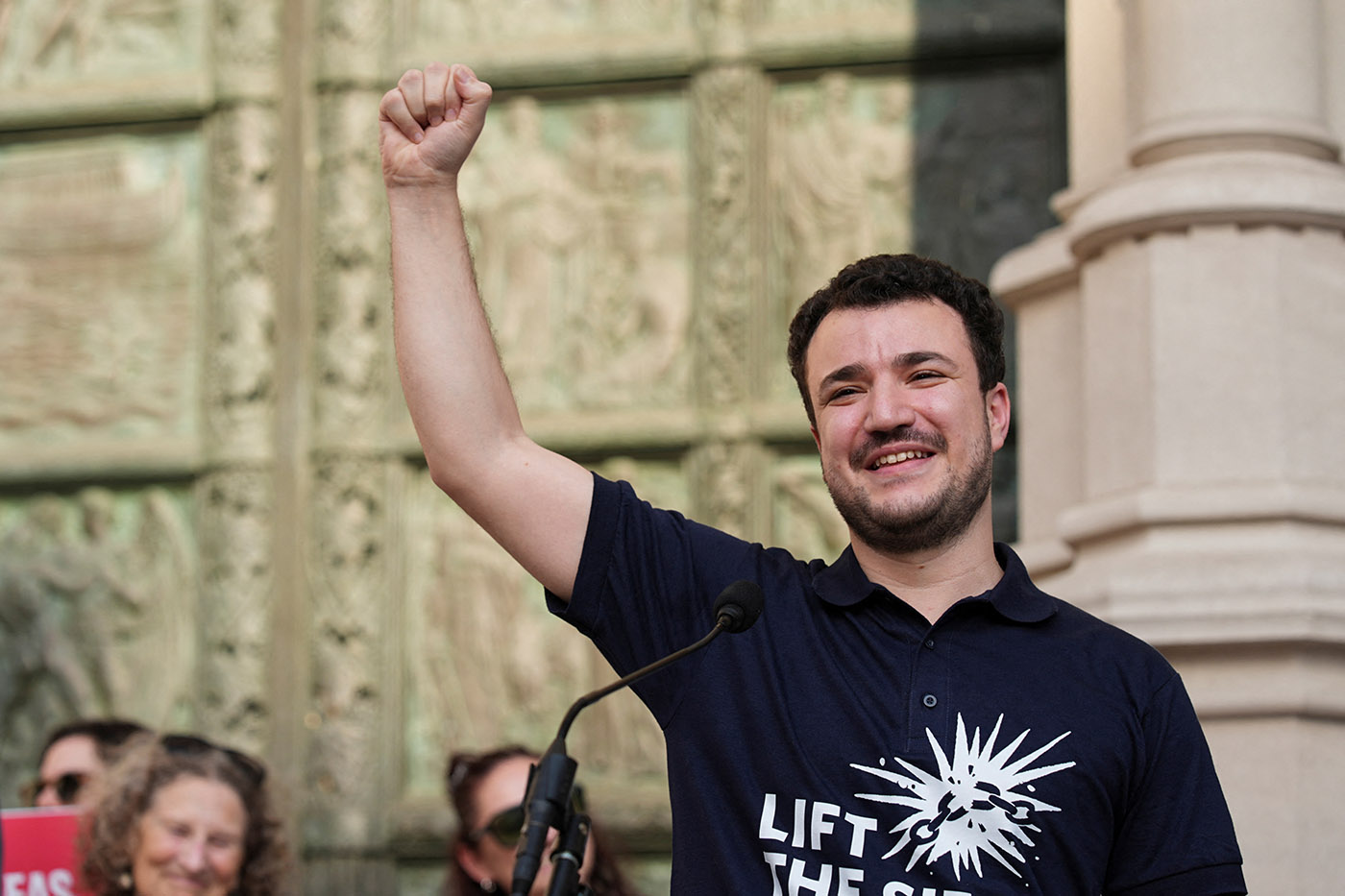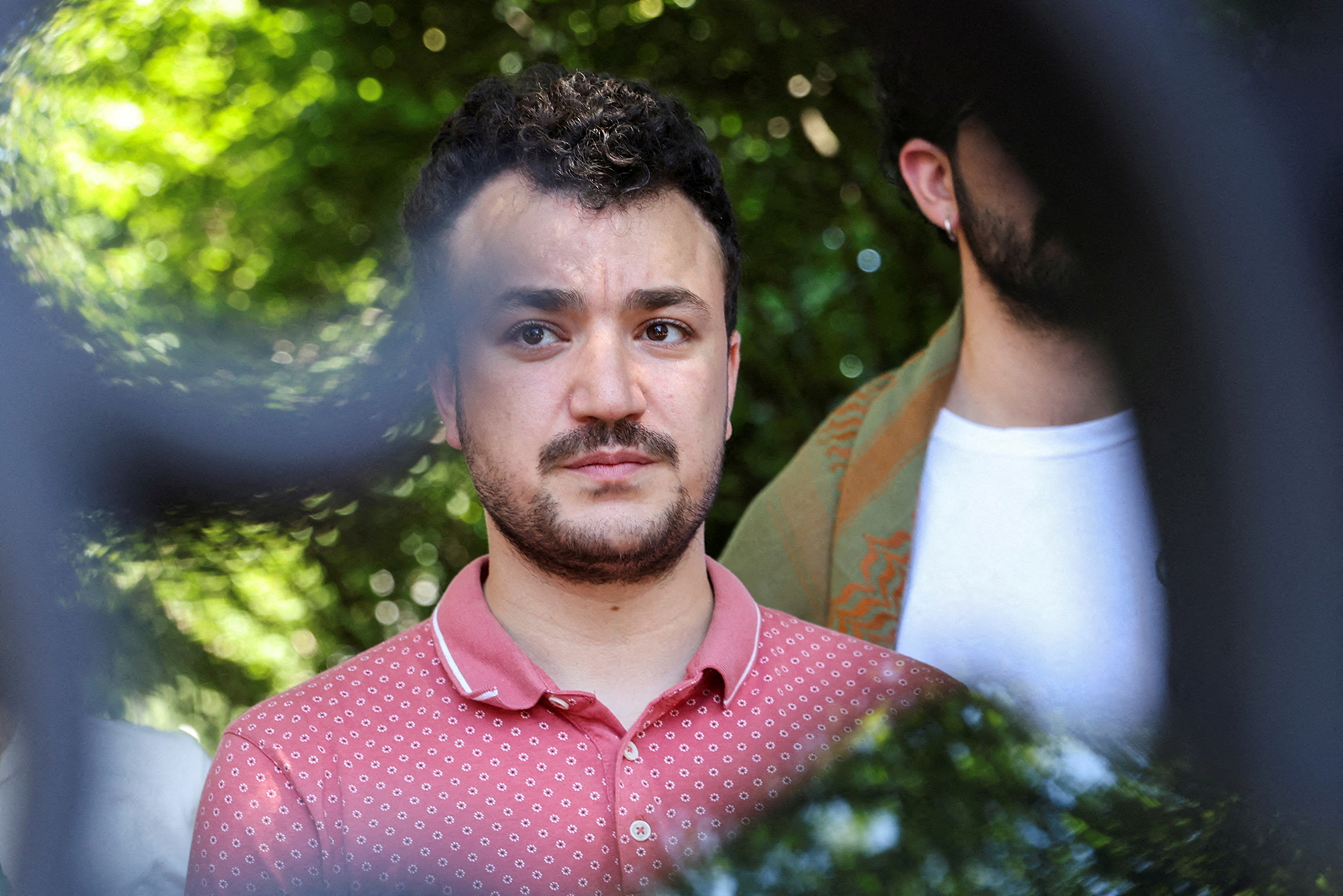On September 23, 2019, the United States Court of Appeals for the Sixth Circuit found that the University of Michigan’s Bias Response Team, as well as other policies prohibiting bullying and harassment on campus, stifled speech. In a 2-3 decision, the appeals court reasoned that although the Bias Response Team did not hold punitive power, the group could silence students through intimidation.
“Even if an official lacks actual power to punish, the threat of punishment from a public official who appears to have punitive authority can be enough to produce an objective chill,” the majority argued. “Although there is no indication that the invitation to meet contains overt threats, the referral power lurks in the background of the invitation.”
The case was originally brought by a First Amendment advocacy group called Speech First, which works to combat restrictive speech codes in American college campuses and universities. In their original complaint, Speech First challenged the constitutionality of the university’s speech codes and its Bias Response Team. The case drew national attention after then-Attorney General, Jeff Sessions filed a “Statement of Interest” on behalf of the plaintiffs.
Read also: University of Michigan Clarifies Speech Codes On Same Day DOJ Declares Opposition
A U.S. district court judge dismissed the case after the university tightened its policies, a decision the higher court has now overruled.
Referring to testimony by the University Vice President for Student Affairs Royster Harper who vouched that the new definitions would be permanent, the majority opinion said, “All this statement stands for, however, is that the new definitions are what the University intends to use presently…there is no evidence in the record that Harper–or any potential future Vice President for Student Affairs–has control over whether the University will reimplement the challenged definitions.”
The case has been returned to the district court to decide whether to grant Speech First a preliminary injunction.
Inside Higher Ed The Chronicle of Higher Education Ruling
Tags



